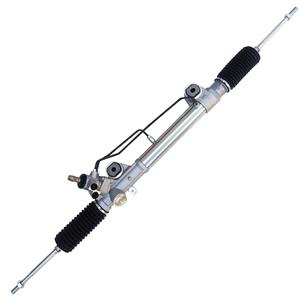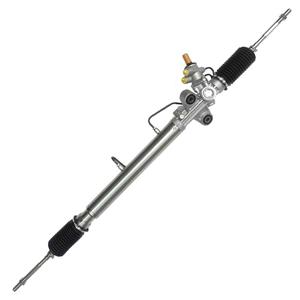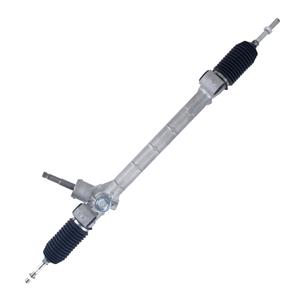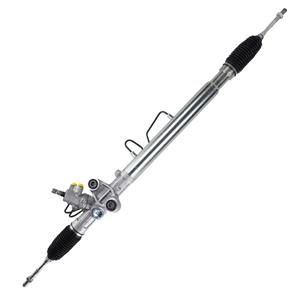Do all steering racks require hydraulic oil?
In the daily use of vehicles, the reliability and flexibility of the steering system have an important impact on the driving experience. As one of the core components of the steering system, the steering rack plays a key role in converting the rotation of the steering wheel into wheel steering. However, the question of whether all steering racks require hydraulic oil often troubles many car owners. In fact, different types of steering systems have different working principles, so not all steering racks require hydraulic oil to work.
This article will delve into the different types of steering racks, analyze which types of steering racks require hydraulic oil and why, and explain how those systems that do not require hydraulic oil work.
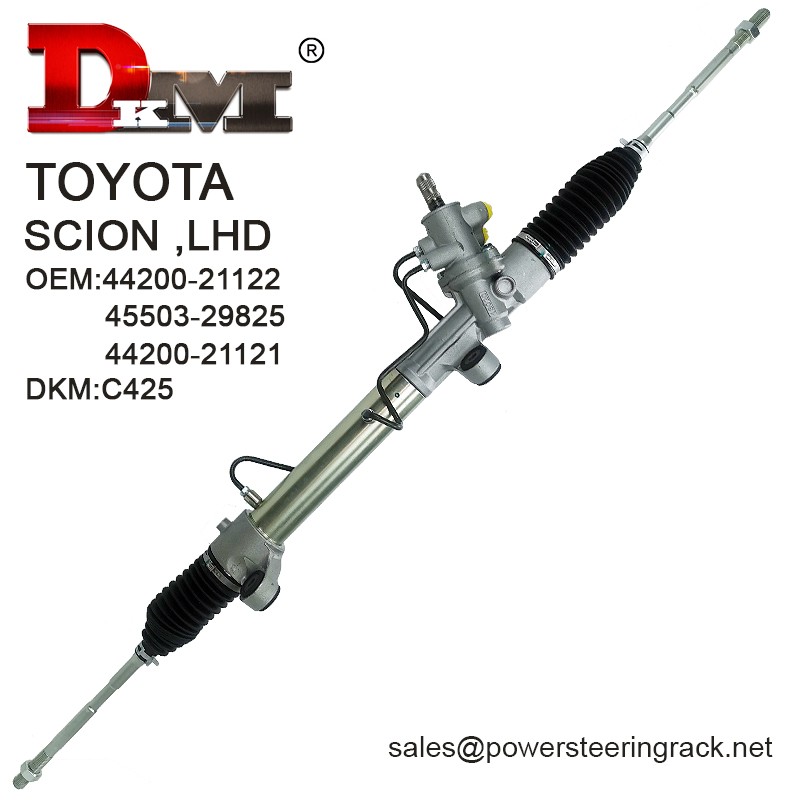
How many categories can steering systems be divided into?
The main task of the steering system is to help the driver control the direction of the vehicle, making driving easier and safer. According to the way of power assistance, the steering system of modern cars can be roughly divided into the following three categories:
1. Manual Steering System
2. Hydraulic Power Steering System (HPS)
3. Electric Power Steering System (EPS)
Each system works differently, so the requirements and usage of the steering rack are also different. In order to clarify which steering racks require hydraulic oil, we need to first understand the specific operation of these three steering systems.
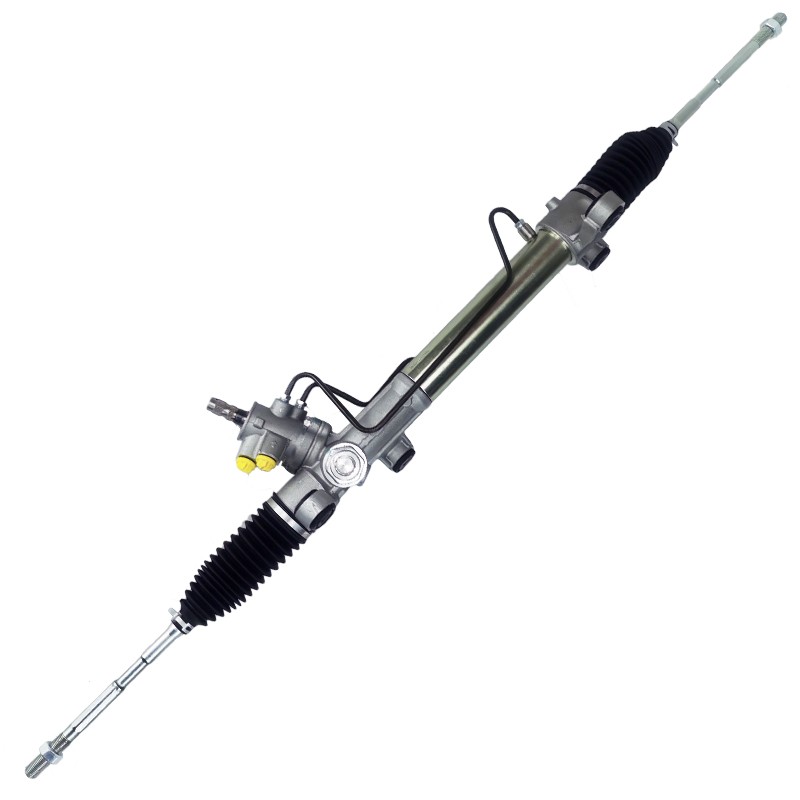
Do all steering racks require hydraulic oil?
Manual Steering System: No Hydraulic Oil Required at All
The manual steering system is the earliest automobile steering system, which mainly relies on the driver's power to turn the steering wheel to control the steering direction of the wheel. In this system, there is no form of power assistance device between the steering rack and the steering wheel, so hydraulic oil is not required at all.
Working principle of manual steering system:
● The driver drives the steering shaft to rotate by turning the steering wheel.
● The steering shaft is connected to the steering rack through a universal joint, and the rack and gear on the steering rack are meshed with each other.
● The steering rack moves along the rack direction under the action of the steering shaft, converting the rotational motion into linear motion, thereby driving the wheels to rotate.
Since the entire process is completely dependent on mechanical connection and the driver's strength, the steering rack of the manual steering system does not require the help of hydraulic oil. The advantages of this system are simple structure and low maintenance cost, but the disadvantage is that steering is relatively laborious, especially at low speed or parking.
Hydraulic power steering system: relying on hydraulic oil to provide power
Hydraulic power steering system (HPS) is a steering system currently widely used in various vehicles. This system uses the pressure of hydraulic oil to provide power to the steering rack, making steering easier. The core of the hydraulic power steering system lies in the coordinated work of the hydraulic pump, hydraulic pipeline, hydraulic cylinder and steering rack.
Working principle of hydraulic power steering system:
● When the driver turns the steering wheel, the rotation of the steering wheel will drive the steering rack through the steering shaft.
● The hydraulic pump is driven by the engine to generate hydraulic oil pressure. The hydraulic oil flows into the hydraulic cylinder in the steering rack through the hydraulic pipeline.
● Under the action of hydraulic oil, the hydraulic cylinder provides additional power to push the steering rack to move, making it easier to turn the wheels.
In this system, hydraulic oil is crucial. It not only plays the role of transmitting power assistance, but also is responsible for lubricating the mechanical parts inside the system to reduce friction and wear. Therefore, the steering rack of the hydraulic power steering system requires hydraulic oil.
The role of hydraulic oil:
1. Transmit pressure: The main function of hydraulic oil is to transmit pressure through the hydraulic pump to push the piston in the hydraulic cylinder to move, thereby providing power assistance for the steering rack.
2. Lubrication: Hydraulic oil also has a lubrication function, which can reduce the friction between the steering rack and other mechanical parts and extend the service life of the system.
3. Heat dissipation function: In the hydraulic power steering system, hydraulic oil also undertakes a certain heat dissipation task to prevent the system from overheating after long-term work.
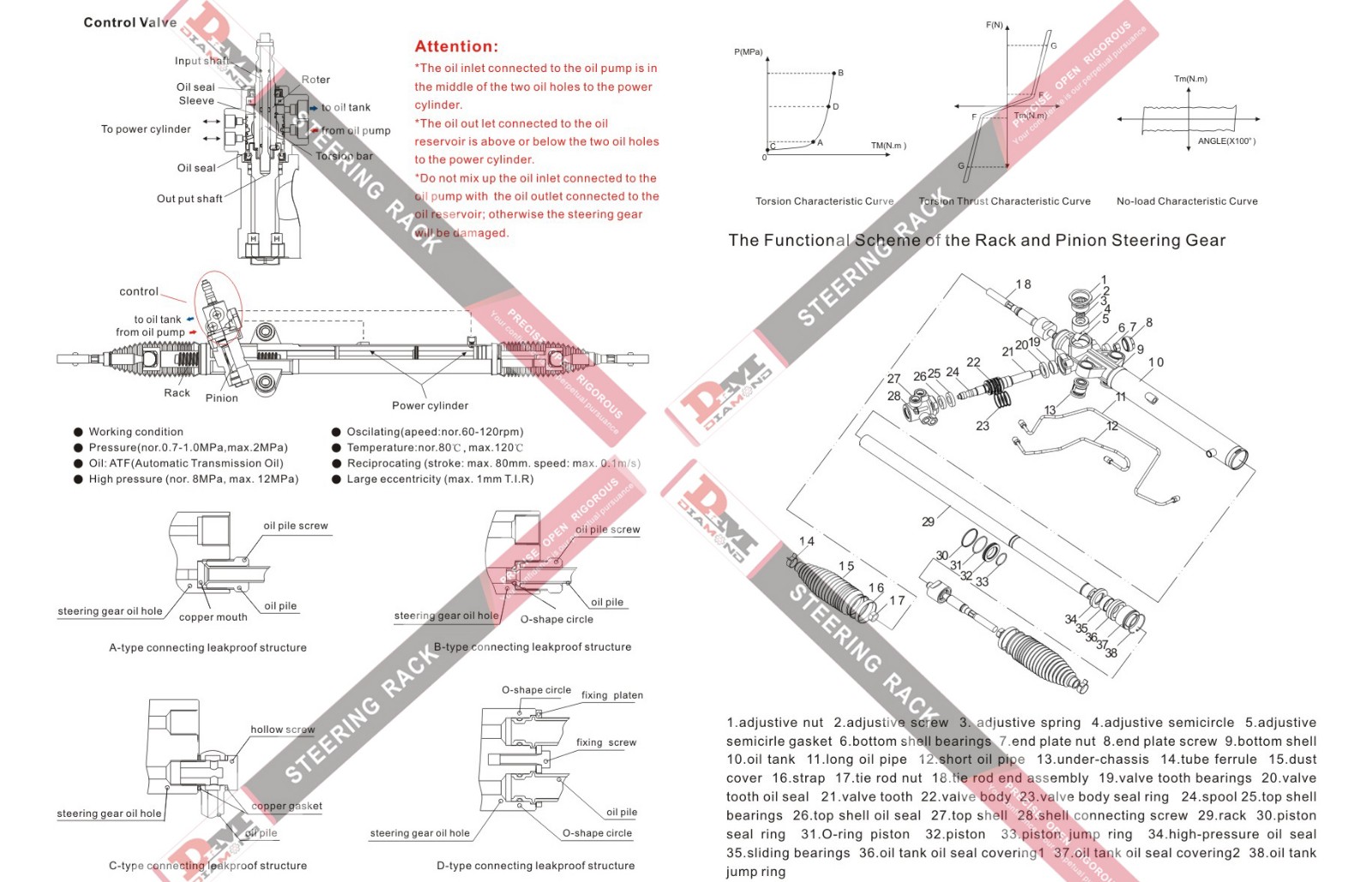
Electric power steering system: no hydraulic oil required at all
With the advancement of automobile technology, electric power steering system (EPS) has gradually become the mainstream choice of modern cars. This system relies entirely on electric motors to provide steering assistance and does not require hydraulic pumps or hydraulic oil. Therefore, in the electric power steering system, the steering rack also does not require hydraulic oil.
Working principle of electric power steering system:
● The driver turns the steering wheel, and the electronic sensor detects the steering wheel turning angle and speed.
● The sensor transmits the signal to the electronic control unit (ECU), which calculates the required power assist according to the steering wheel rotation.
● The motor directly provides power assist to the steering rack through gears or transmission devices according to the instructions of the ECU, pushing the wheels to turn.
Electric power steering system has some significant advantages over hydraulic power steering system, such as higher energy efficiency, precise power assist control and reduced maintenance requirements. Since the electric power steering system does not rely on hydraulic oil, its steering rack does not require hydraulic oil at all.
Advantages of electric power steering system:
1. High energy efficiency: The electric power steering system only consumes electricity when power assist is required, while the hydraulic pump of the hydraulic power steering system needs to work continuously.
2. Low maintenance cost: Since there is no hydraulic oil and hydraulic pump, the maintenance requirements of the electric power steering system are low, and there is no need to regularly replace the hydraulic oil or worry about hydraulic oil leakage.
3. Accurate power assist: The electronic control unit can adjust the power assist in real time according to the vehicle speed and steering requirements, making the steering more precise and flexible.
Through the above analysis, it can be concluded that not all steering racks require hydraulic oil. Specifically, the steering racks of manual steering systems and electric power steering systems do not require hydraulic oil, while the steering racks of hydraulic power steering systems rely on hydraulic oil to provide steering assistance.
Manual steering systems do not require hydraulic oil because they rely entirely on mechanical force for steering. Electric power steering systems provide assistance through electric motors and also do not require hydraulic oil. Only hydraulic power steering systems rely on the pressure of hydraulic oil to provide assistance to the steering rack, making steering operations easier and smoother.
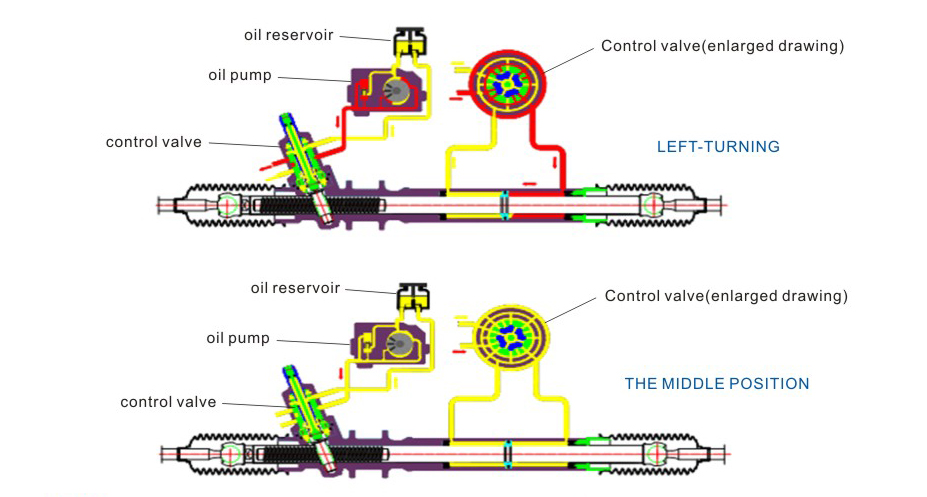
DKM has been to produce reliable and cost-effective power steering systems since 1996, solidifying its position as a trusted supplier in the global market. With a production capacity of 300,000 units per year, our gear rack steering systems are compatible with leading vehicle brands such as Honda, Mitsubishi, Hyundai, and Volkswagen. Our factory in Foshan, China, spans over 20,000 square meters and is equipped with committed cutting-edge machinery and automated production lines, enabling us to offer exceptional quality at competitive prices. We serve clients across the USA, Europe, Southeast Asia, and the Middle East, providing wholesale pricing, promotional discounts, and tailored solutions to meet diverse market demands. Contact DKM today to learn how we can support your business with high-quality, affordable steering systems.

